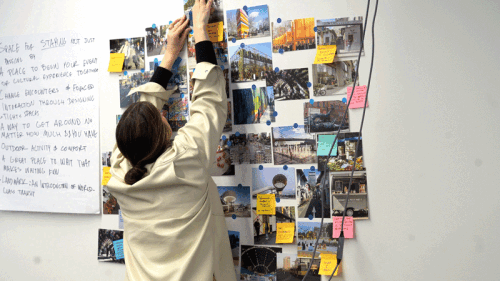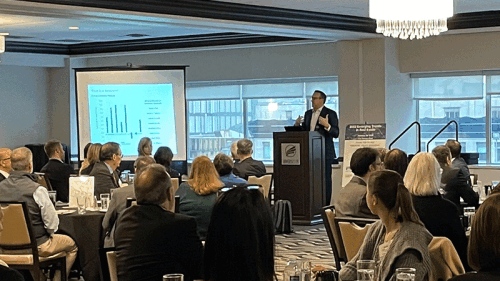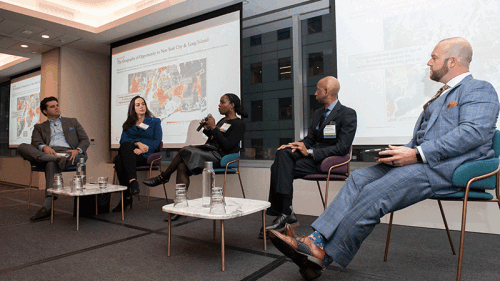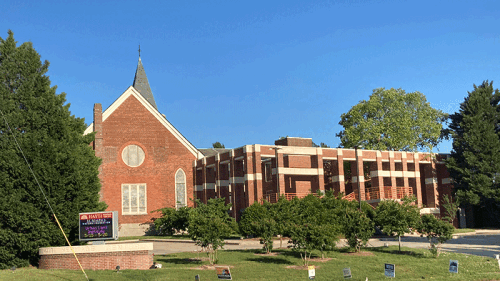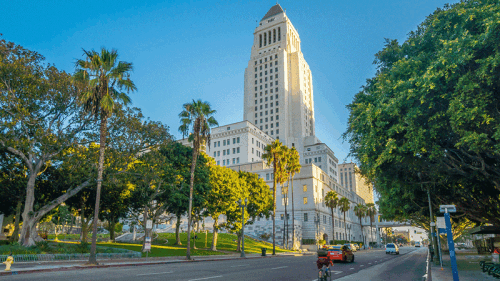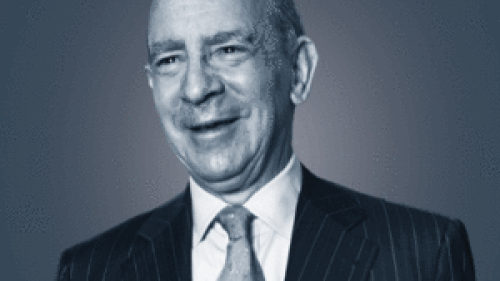<b>Equitable Development</b>
Engage equitable development stories to build understanding, spark innovation, and promote justice in real estate.
The Austin Transit Partnership announced a partnership with an international design team led by HKS, UNStudio, and Gehl to create systemwide architecture and urban design for the light-rail program of Project Connect, a major expansion of Austin’s public transit system. Project Connect is a transformative, voter-approved investment that includes light rail, expanded bus routes, and more services across the city.
Despite uncertainty for 2023, participants in a ULI Pittsburgh event in January said converting 18 to 20 buildings would transform the downtown.
A member of ULI Memphis discusses the optimism for a new Ford Motor Company facility in Haywood County.
Four teams, representing Harvard University, the University of Virginia, and the University of California, Berkeley, have been selected as finalists in the 21st annual ULI Gerald D. Hines Student Urban Design Competition, an event that challenges teams of graduate students to devise a comprehensive design and development plan for a real-world urban site.
Jay Bailey, president and CEO of the Atlanta-based Russell Innovation Center for Entrepreneurs, or RICE, is committed to championing Black entrepreneurs and creating unparalleled opportunities. Urban Land recently interviewed Bailey on the subject of how commercial real estate can be used to help close the racial wealth gap.
In mid-January, ULI New York convened three panels of top real estate experts to unpack local real estate trends for 2023.
In May 2022, the Hayti Heritage Center of Durham, North Carolina, co-sponsored a ULI Advisory Services panel with the Institute’s Foundation. The goal of the panel was to identify opportunities for intentionally inclusive development.
To be successful and sustainable, fighting homelessness in Los Angeles requires crisis intervention on two fronts: First, we must build more permanent housing and much more of it needs to be affordable. Second, we must build more transitional shelter of every type—more quickly and much, much more affordably. But shelter is not enough.
Affordable housing in California has become increasingly difficult to develop in recent years in a state where there is a significant lack of it. Two developers speak to the barriers to development in Southern California.
For grizzled veterans of commercial real estate, the return to a “negative leverage” environment may have been unforeseen but surely was not unique.

